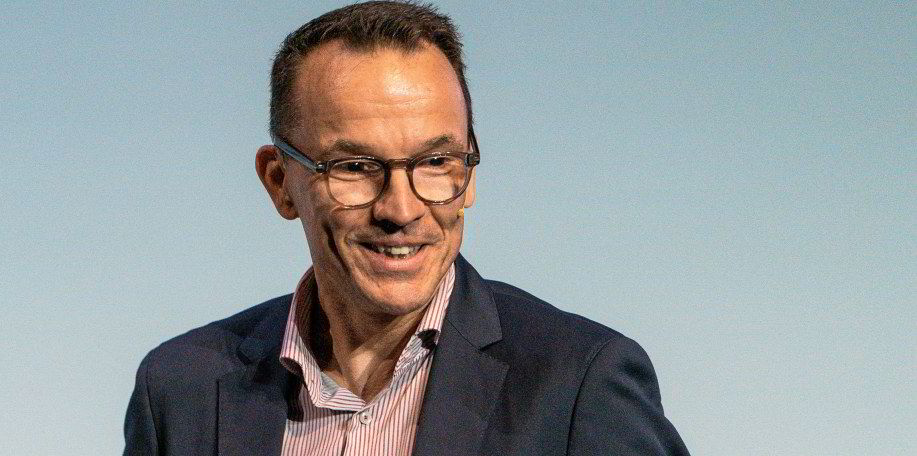In the collaborative initiatives focused on shipping’s decarbonisation path, there are few more visible leaders than Cargill Ocean Transportation president Jan Dieleman and, increasingly, global operations & supply chain director Eman Abdalla.
Just look at the presence of the two executives, who lead the Geneva-based shipping division of commodities giant Cargill, at October’s annual summit of the Global Maritime Forum in Athens.
Dieleman presided over the event as chairman of the forum, which spawned such sustainability initiatives as the Poseidon Principles, Getting to Zero Coalition and the Sea Cargo Charter, not to mention other efforts focused on seafarer welfare, diversity and more.

“We’re an international nonprofit organisation that wants to shape the future of global seaborne trade, to increase sustainable long-term economic development and human wellbeing,” Dieleman said as he opened the summit. “That’s a lot.”
And Abdalla was among three shipping leaders who unveiled one of the big initiatives announced at the event: a commitment by 30 companies to slash fuel consumption through operational efficiency.
Operational efficiency is not as sexy as alternative fuels or wingsails inspired by racing vessels.
But Abdalla, who is also a board member at optimisation platform ZeroNorth and vice chair of the Sea Cargo Charter carbon reporting initiative, described it as “very close” to her heart.
“The ambition is to capture the benefits of a very low-hanging fruit,” she said.
“While the world … and most of the industries, including ours, have been focused on looking for what is the future fuel — what is it going to be, what is the new ship design? — a group of companies came together and realised that the maximum gain will come, actually, from operational efficiency.”

But Cargill Ocean Transportation isn’t just talking, and it’s doing the sexy stuff, too.
It has built up a biofuels business that executives said moved past trials some time ago and is reaching for scale. It has ordered the first methanol-fuelled bulkers, is trialling BAR Technologies-designed sails on one of its ships and has collaborated with partners on a vessel design that would be ready for both technologies.
It has also invested in ZeroNorth, which is at or near the pole position in the race to become the biggest software platform using digital tools to make shipping more efficient.
With a fleet of 700 chartered vessels, Cargill is in a position to take a multi-faceted approach.
But asked at the TradeWinds Shipowners Forum Oslo in June about the biggest challenges, Abdalla said the industry faces a “convergence of transformation” that includes geopolitical friction, digital change and the economic shift that decarbonisation will bring.




